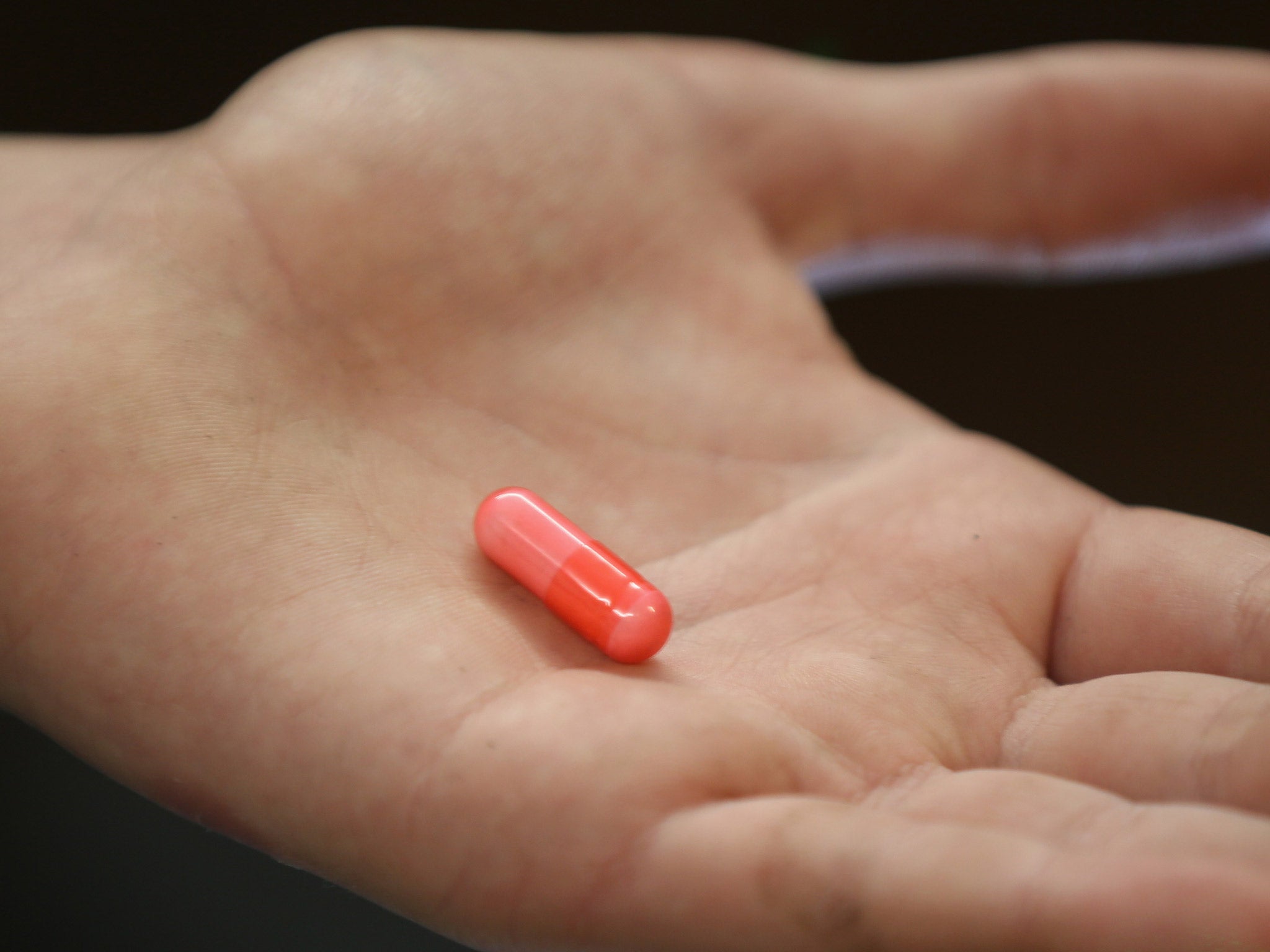Legal highs: Cases on the rise, say West Midlands paramedics
West Midlands Ambulance Service has had 39 calls regarding a legal high called Black Mamba this month already

Your support helps us to tell the story
From reproductive rights to climate change to Big Tech, The Independent is on the ground when the story is developing. Whether it's investigating the financials of Elon Musk's pro-Trump PAC or producing our latest documentary, 'The A Word', which shines a light on the American women fighting for reproductive rights, we know how important it is to parse out the facts from the messaging.
At such a critical moment in US history, we need reporters on the ground. Your donation allows us to keep sending journalists to speak to both sides of the story.
The Independent is trusted by Americans across the entire political spectrum. And unlike many other quality news outlets, we choose not to lock Americans out of our reporting and analysis with paywalls. We believe quality journalism should be available to everyone, paid for by those who can afford it.
Your support makes all the difference.The number of patients suffering the effects of 'legal highs' has rapidly increased, paramedics in the West Midlands have said.
The number of calls made to West Midlands Ambulance Service (WMAS) relating to the 'Black Mamba' variety has more than tripled in three months.
In May, nine calls were recorded. That figure soared to 29 in July.
So far this month, the service said 39 calls had been taken relating to the drug.
“We see people with seizures, fully unconscious, aggressive, hallucinating, losing control of their bladder and bowels – we’re getting tens of cases every day,” Jack Lewis, a paramedic based in Aston, told PA.
Lewis said one patient was admitted into hospital three times in a single day after taking Black Mamba.
Another "had covered himself in faeces, was eating his faeces and also throwing it", when Lewis arrived to treat him.
“The figures are under-representing the problem, and show the tip of the iceberg,” said Lewis.
"The problem is that people think because they can get it in shops that it must be safe. It may be technically legal, but they are unregulated and dangerous."
A spokesman for WMAS said: “In recent weeks we have seen a rise in the number of patients dialling 999 for conditions such as heart attacks, cardiac arrests, strokes, seizures, unconscious patients which are as a direct result of having taken a ‘legal high’.
"Each of these cases is completely avoidable and means that our ambulance crews are tied up dealing with these cases when they could have been dealing with genuine unavoidable cases."
The spokesman said there was no way of knowing what the legal highs contained or what effect they would have.
"In short they are putting their lives at risk every time they take one. Just because it is currently legal doesn’t mean that it is a sensible thing to do," he said.
Earlier this year, the Government proposed to enforce a blanket ban on legal highs under the Psychoactive Substances Bill to prohibit distributing, selling and supplying them.
Lincoln banned people from taking legal highs in April and Lambeth Council banned the use of laughing gas, or nitrous oxide, earlier this month.
Additional reporting by PA
Join our commenting forum
Join thought-provoking conversations, follow other Independent readers and see their replies
Comments